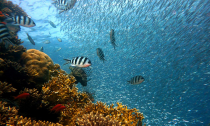
Climate change is devastating our seas and frozen regions as never before, a major new United Nations report warns. According to a UN panel of scientists, waters are rising, the ice is melting, and species are moving habitat due to human activities. And the loss of permanently frozen lands threatens to unleash even more carbon, hastening the decline.
There is some guarded hope that the worst impacts can be avoided, with deep and immediate cuts to carbon emissions.
This is the third in a series of special reports that have been produced by the Intergovernmental Panel on Climate Change (IPCC) over the past 12 months.
The scientists previously looked at how the world would cope if temperatures rose by 1.5C by the end of this century...
Read More

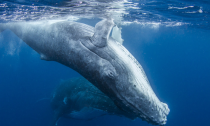
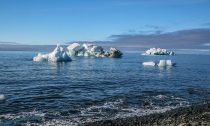
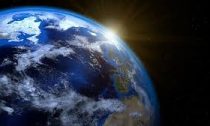

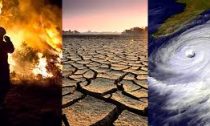


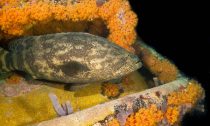
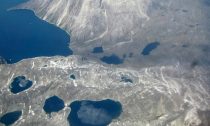


Social Profiles